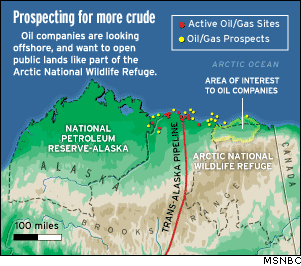How to view this Blog
Geoff Berg
A comprehensive answer to, among other things, an inconvenient truth.
In 1979 war broke out in the Middle East. At that time I was introduced to an idea that would solve that problem and worked to get it off the ground. 11 years later in 1990 war broke out in the Middle East and I passed out pamphlets promoting this solution. 11 years later in 2001 war broke out in the Middle East and since then I have been delivering a talk promoting an idea that will end this cycle of nonsense. The purpose of this Blog is to promote this idea in a different forum. I practice primary care medicine full time in Providence Rhode Island. I have no political affiliations and engage in these issues out of my own personal interest. If you have a group that you feel would be interested in hearing the talk on which this blog is based you can contact me at geoffberg@pol.net.



 Relaxing restrictions on domestic energy drilling.
Relaxing restrictions on domestic energy drilling. Subsidize energy producers.
Subsidize energy producers. Subsidize and support research in alternative energy sources.
Subsidize and support research in alternative energy sources.
